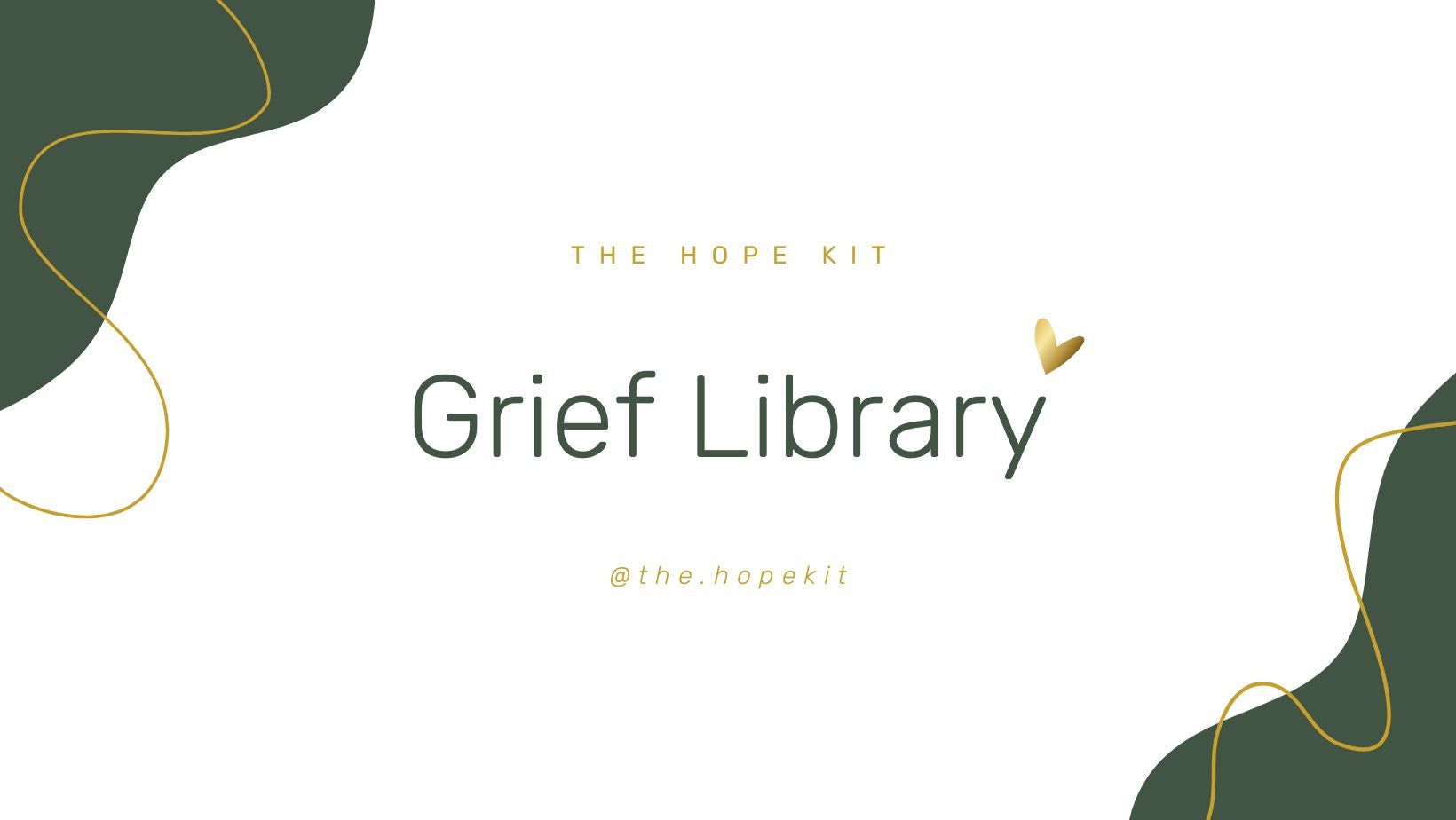"Breaking free from Traditional Grief: Empowering Non-Traditional and Alternative Paths to Healing"
As a widower, father, and therapist, I have personally experienced the pain and devastation that grief can bring. Losing my wife was a profound loss that left me feeling lost, alone and overwhelmed. I struggled to make sense of my hopelessness in the early days and weeks and thought I would never find my way out of the darkness.
However, I discovered that traditional healing methods, such as therapy and medication, were not enough for me. I needed to explore alternative and non-traditional ways of healing my grief. Here are 10 alternative methods that I found to be particularly effective in my journey of healing:
1) Meditation and mindfulness: One example of how meditation and mindfulness can be used to heal grief is through the practice of Loving-kindness meditation. A widow struggling with loneliness and isolation used this meditation to focus on sending loving thoughts and wishes to herself, her deceased husband, and others who have also suffered a loss. Through this practice, she could feel greater compassion and connection with others.
2) Creativity: A father who lost his son to cancer found solace in woodworking. He would spend hours in his workshop creating intricate wooden boxes, each representing a different memory of his son. Through this creative outlet, he could honor his son's memory and find meaning in his loss.
3) Physical Movement: A woman who lost her spouse to a sudden heart attack found that running helped her to cope with her grief. The physical exertion and sense of accomplishment from running helped her to release pent-up emotions and feel a sense of control over her body and mind.
4) Journaling: A man who lost his wife to a car accident wrote in a journal every day for a year. Writing helped him to make sense of his feelings, process the event, and come to a greater acceptance of his wife's death.
5) Spirituality: A woman who lost her baby during childbirth turned to her faith for comfort and understanding. She found that prayer and reading religious texts helped her make sense of her loss and find peace.
6) Self-care: A woman who lost her husband to suicide made it a priority to take care of herself both physically and emotionally. She started going to a therapist, eating well, and exercising regularly. These self-care practices helped her to feel more in control of her life and gave her a sense of purpose.
7) Volunteer work: A man who lost his wife to cancer found solace in volunteering at a hospice. Helping other people who were going through similar struggles helped him to feel more connected to something bigger than his pain. It provided him with a sense of fulfillment.
8) Travelling: A woman who lost her husband took a trip to their favorite vacation spot to remember they're happy memories and celebrate the time they shared. Through this trip, she gained a new perspective and saw the beauty in their memories.
9) Aromatherapy: A woman who lost her mother used lavender essential oil to help her relax and improve her mood. She would diffuse it in her room, which helped her feel her mother's presence and peace.
10) Pet therapy: A woman who lost her partner found great comfort in spending time with her dog. The unconditional love and companionship her pet provided helped her feel less alone in her grief and find a sense of peace. It's important to note that these examples are just a few ways that alternative and non-traditional methods of healing grief can be used.
Everyone's experience with grief is unique, and what works for one person may not work for another. But these examples demonstrate that healing grief with alternative and non-traditional ways can be powerful and effective.
"Healing Takes Courage"
Thanks,
"The Hope Team"




